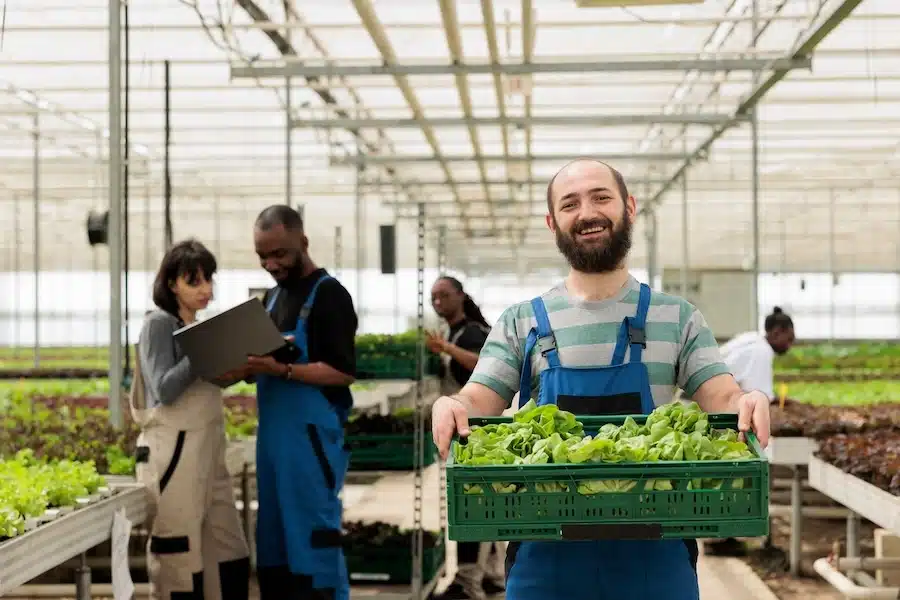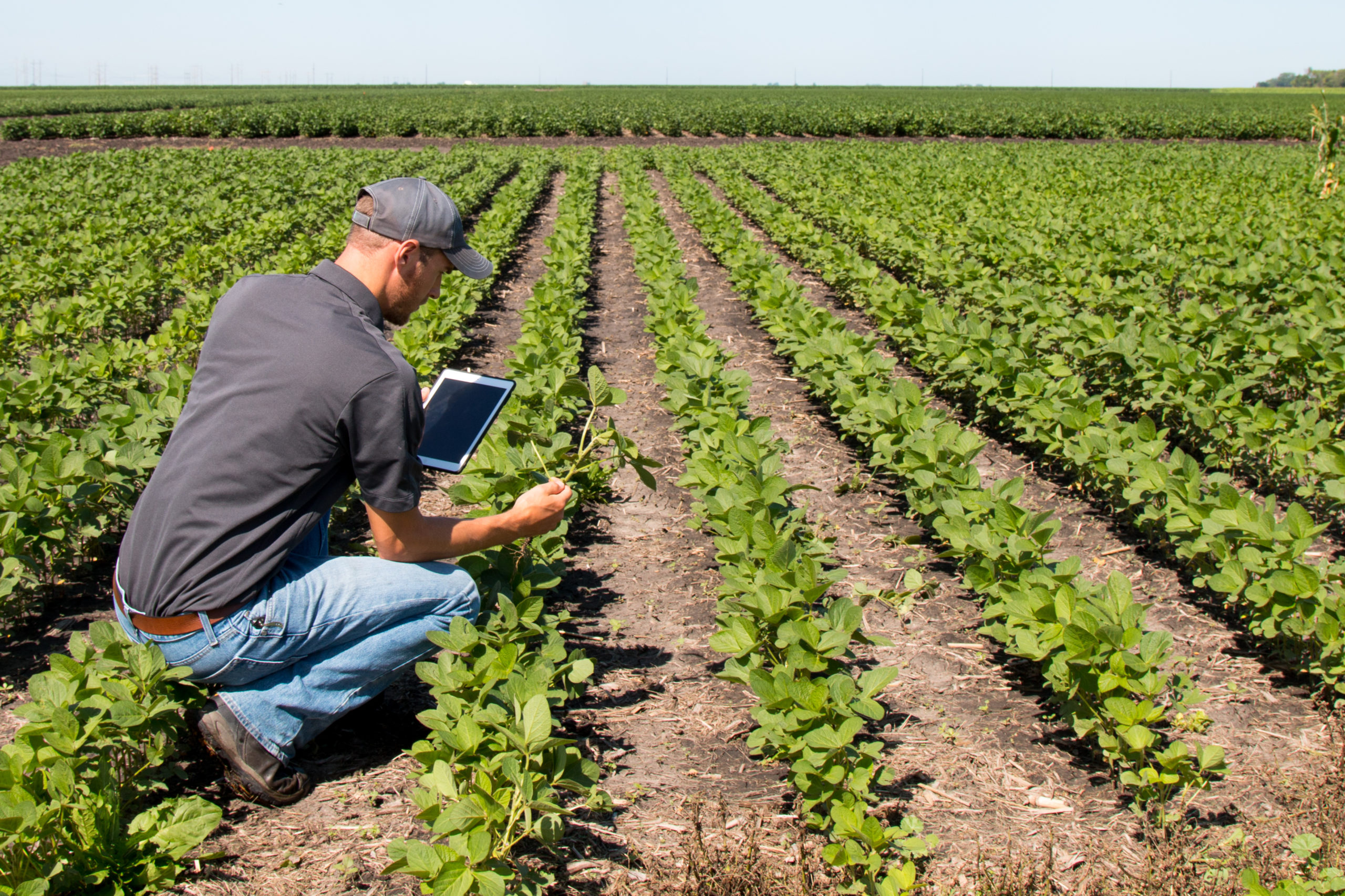It’s open season for the Innovate UK Feasibility Studies, which happen yearly.
These are 75% funded and can fund projects with costs of up to £33k. In other words, each project can receive up to £25k of match funding.
At such a small scale, this is clearly not for big projects, nor for projects which are particularly advanced. The key term here is “Feasibility” – you’re not meant to actually build a product with these, but merely do pay for some early work that will determine whether a technology is even feasible through this.
We know of companies that have managed to get part of their development funded through a feasibility study, but that is generally frowned upon by Innovate UK and so we cannot recommend that approach.
If you do decide to look into this, here are the four areas Innovate UK is focusing on for this round of feasibility studies:
1. Information and communications technology
There are three sub-areas being focused on here: Data exploration (data cleansing, annotation, data analysis and visualisation), Simpler user experiences (immersive interaction technologies, pervasing computing experience, joining up cooperative devices) and Advanced, modern software engineering (tools and languages for new approahces, new design methods, autonomous/machine learning systems, and multidisciplinary software development).
2. Biosciences
The three sub-areas are: Characterisation and discovery tools (sequencing technologies, phenotyping technologies, imaging systems), Production and processing (metabolic engineering, novel manufacturing processes, delivery approaches) and Bioinformatics (organising, filtering and interpreting biological data).
3. Advanced materials
The three sub-areas in this case are: Sustainability and materials security (lightweight materials, nanotechnology-enabled materials, materials with reduced environmental impact, substitute and sustainable materials), Materials for energy (energy storage, management, transmission and high-durability energy generation), and High-value markets (integration of new materials, coatings and electronic, and materials able to survive in aggressive environments).
4. Electronics, sensors and photonics
Breaking with tradition, this area is not split into three but into five! Photonics, Sensor systems, Plastic electronics, Electronic systems, and Power electronics
Should I apply?
If you’re very early stage, and doing something in one of those areas, and it’s something fairly advanced and/or groundbreaking, and you could use £25k of match funding, then this is very relevant, obviously. Otherwise, best to give it a miss.
If you are interested, worth noting that the deadline for registration is 5th March at noon, and the deadline for applications is soon after, on 12th March at noon.





